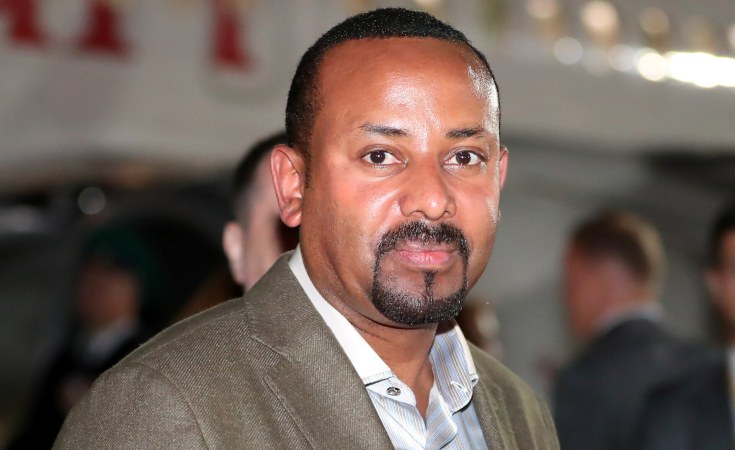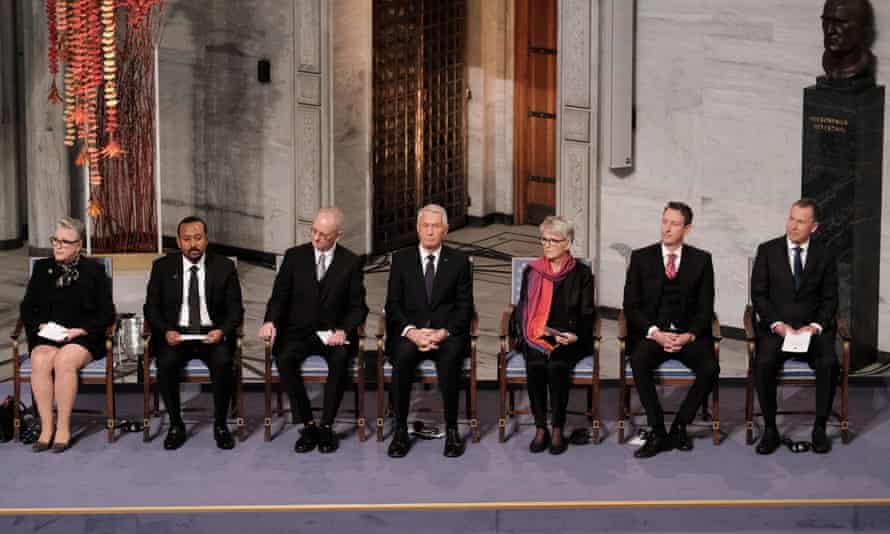United States Agency for International Development
Office of Press Relations
Press Release
June 10, 2021
Seven months into the conflict in Ethiopia’s Tigray region, human rights atrocities and the full-blown humanitarian crisis are alarming, currently pushing 400,000 innocent people to the brink of famine and loss of life. This must be addressed immediately. We do well to remember the 1980s famine in Ethiopia, which led to an estimated one million deaths, many as a result of food assistance being blocked.
Of the 6 million in Tigray, 5.2 million people are facing hunger and requiring emergency food assistance. With 90 percent of the population in extreme need of humanitarian aid, the stakes could not be higher.
We have continuously called for an end to the violence and for unfettered humanitarian access to all parts of Tigray, but we are witnessing increasing restrictions.
The restrictions on access are severely impeding the ability of humanitarian workers to assist the most vulnerable, notably in blocked rural areas, where the crisis is worst. Deliberate and repeated hindrances by the military and armed groups, the regular looting of humanitarian assistance, are driving the population towards mass starvation.
Using starvation of civilians as a weapon of war is putting at risk the lives of millions. In Resolution 2417 (2018), the UN Security Council strongly condemned the use of starvation of civilians as a method of warfare and urged action against those responsible. The Security Council requested that the Secretary-General report swiftly to the Council when the risk of conflict-induced famine occurs.
In addition, we are seeing wide-scale human suffering that is entirely preventable. Systematic violence is being inflicted upon civilians, including widespread sexual violence, and extra-judicial and ethnically-motivated killings. The population’s essential livelihood assets and health services are being destroyed.
Such methods of warfare are grave violations of international humanitarian law. The independent investigation of human rights violations is of paramount importance.
All parties to the conflict, as well as the international community, need to act urgently to avert a large-scale famine in Tigray and the potential for this crisis to destabilize the broader Horn of Africa region.
Given this looming humanitarian catastrophe, we reaffirm our solidarity with all those affected by the conflict in Tigray and:
- Urge all parties to the conflict to agree to a ceasefire immediately to facilitate humanitarian assistance to reach all people in need in Tigray regardless of where they are and to stop violence against civilians;
- Recall the obligation of all the parties to the conflict to adhere to international humanitarian law and exercise their responsibility towards the protection of all civilians, including humanitarian workers. This should remain paramount and must be applied at all times, and not be conditional on a ceasefire being in place;
- Call on all the parties to the conflict to allow for immediate, unimpeded and safe humanitarian access to all parts of Tigray to prevent large-scale famine and loss of life;
- Call on the Ethiopian and Eritrean authorities to ensure that Eritrean armed forces withdraw from Ethiopia immediately, in line with its previous commitment.
- Call upon the international community to scale up its life-saving support in the region, including through humanitarian funding, and to do everything in its power to protect the lives, dignity and livelihoods of the civilian population in Tigray.
We wish to see a democratic and peaceful Ethiopia, where all its people can build a shared vision for the country’s future and lay the foundation for sustainable and equitable economic growth and prosperity. We are committed to supporting Ethiopia and building on the partnership between us.
We call on our international partners to work with us for a peaceful, prosperous Ethiopia that is also a source of stability in the wider region.
Signed by:
USAID Administrator Samantha Power
EU High Representative for Foreign Affairs and Security Policy/Vice-President of the European Commission Josep Borrell Fontelles
EU Commissioner for Crisis Management Janez Lenarčič
EU Commissioner for International Partnerships Jutta Urpilainen





































